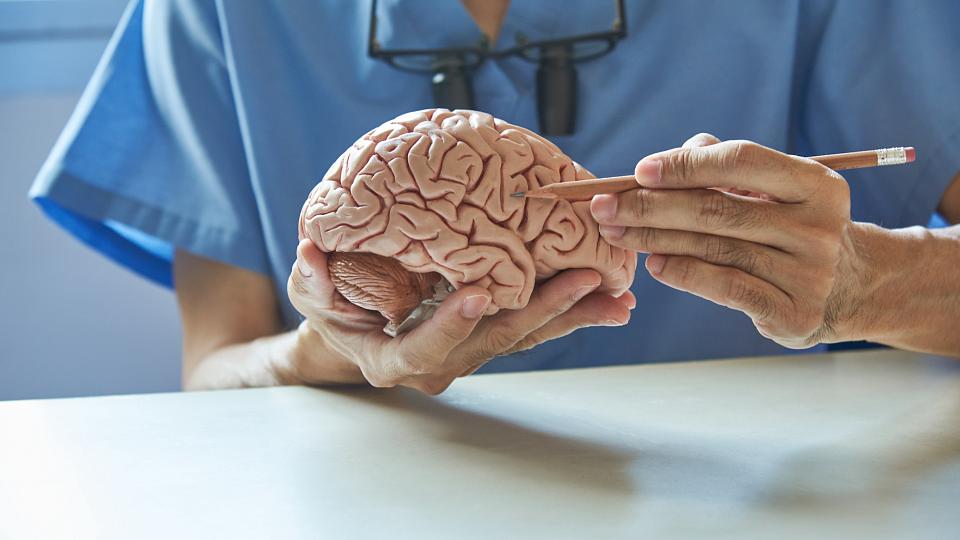
Brain Surgeon
A brain surgeon, also known as a neurosurgeon, is a highly specialized medical professional who diagnoses and treats conditions related to the brain, spinal cord, and nervous system. Neurosurgeons undergo years of rigorous training to perform complex procedures that can be life-saving.
Who is a Brain Surgeon?
A brain surgeon is a medical doctor who specializes in the surgical treatment of conditions affecting the central and peripheral nervous systems. Their expertise covers disorders like brain tumors, aneurysms, epilepsy, stroke, traumatic brain injuries.
Roles and Responsibilities of a Brain Surgeon
- Roles and Responsibilities of a Brain Surgeon
- Conducting detailed neurological examinations
- Diagnosing brain and spinal conditions
- Recommending surgical and non-surgical treatment options
- Performing complex brain and spinal cord surgeries
- Managing post-operative care and rehabilitation
Common Brain Surgeries Performed
1. Craniotomy
- Removing brain tumors
- Treating aneurysms
- Draining blood clots after brain injuries
2. Brain Tumor Surgery
3. Deep Brain Stimulation (DBS)
- Parkinson’s disease
- Essential tremor
- Dystonia
4. Aneurysm Repair
Brain aneurysms occur when blood vessel in brain weakens and bulges. Neurosurgeons repair aneurysms using techniques like:
- Clipping (placing a metal clip to stop blood flow to the aneurysm)
- Coiling (filling the aneurysm with coils to prevent rupture)
5. Epilepsy Surgery
For patients with severe epilepsy, brain surgeons may remove the part of the brain causing seizures.
6. Skull Base Surgery
This involves treating tumors and abnormalities at the base of the skull, often requiring endoscopic or microscopic surgical techniques.
Advances in Brain Surgery Techniques
With medical advancements, brain surgery has become more precise and less invasive. Here are some cutting-edge technologies in neurosurgery:
1. Minimally Invasive Neurosurgery: Techniques such as endoscopic and robotic-assisted surgery allow for smaller incisions, faster recovery, and reduced complications.
2. Image-Guided Surgery: Using MRI and CT scans during surgery enhances accuracy and ensures safer procedures.
3. Laser Ablation: Laser ablation is used for treating tumors and epilepsy with minimal damage to surrounding tissues.
4. Artificial Intelligence in Neurosurgery: AI is improving diagnostic accuracy and surgical planning, reducing human errors in delicate procedures.
How to Choose the Best Brain Surgeon
1. Experience and Expertise: Look for neurosurgeon who extensive experience in treating your specific condition.
2. Board Certification and Training: Ensure the surgeon is board-certified and trained in the latest neurosurgical techniques.
3. Hospital Affiliation: Check if the surgeon is affiliated with a reputable hospital with advanced neurosurgical facilities.
4. Patient Reviews and Success Rates: Research patient testimonials and success rates of procedures performed by the surgeon.
5. Communication and Support Team: A good neurosurgeon should clearly explain treatment options, risks, and post-surgery care.
Recovery and Rehabilitation
1. Immediate Post-Surgery Care
- Hospital stay may last from a few days to weeks, depending on the complexity of the surgery.
- Monitoring for infections, swelling, and brain function is crucial.
2. Rehabilitation Programs
- Physical therapy
- Speech and cognitive therapy
- Psychological support
3. Long-Term Recovery
- Lifestyle modifications such as a healthy diet, stress management, and regular exercise.
- Regular follow-ups with the neurosurgeon to monitor progress.Contact Us
Conclusion
Brain surgery is a highly specialized field requiring expert neurosurgeons to perform life-saving procedures. With advancements in technology also in surgical techniques, outcomes are continually improving. If you or a loved one needs neurosurgical care, choosing an experienced and qualified brain surgeon is essential for the best results..Schedule your Consultation with Dr. Ritesh Nawkhare
